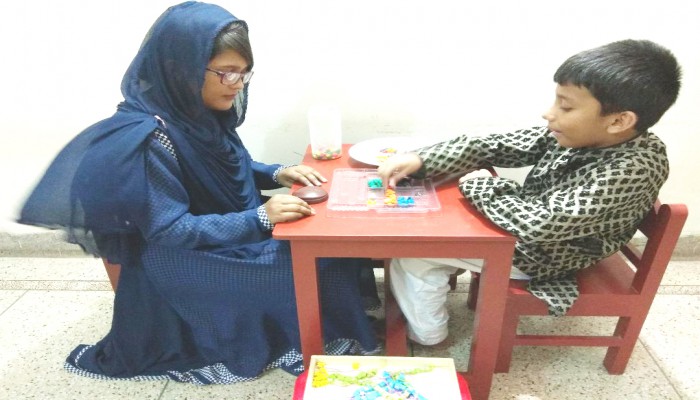
A special needs child is a youth who has been determined to require special attention and specific necessities that other children do not. The state may declare this status for the purpose of offering benefits and assistance for the child’s well-being and growth. Special needs can also be a legal designation, particularly in the adoption and foster care community, wherein the child and guardian receive support to help them both lead productive lives
Understanding the Meaning of Special Needs Child
The guardians of special needs children typically receive some sort of additional tax deduction to address the additional costs and efforts that can be required to provide for child care and well-being.
What Qualifies as a Special Need?
A variety of conditions and impairments can be classified as special needs. They can include chronic and terminal illnesses, physical impairments, and cognitive or psychiatric issues.
The assistance and medical attention that may be required to elevate the quality of life for special needs children can result in long-term and escalating costs. The extent of the child’s condition may call for far-reaching medical support to allow the child to live and thrive. For example, a child with a debilitating or life-threatening condition that is permanent could require constant medical support throughout their lives.
They may need to be monitored on a regular basis in case their ailments become exacerbated. Support equipment may be needed to provide the child with mobility around the residence, and the procurement of support animals such as specially trained dogs may be needed.
Special Considerations
A special needs child may require alternative approaches to education that not only accommodate their conditions but also work toward creating ways for them to further their own capacity to learn and develop.
For instance, a child with impaired physical mobility or challenges communicating through traditional verbal cues may need to be trained in other ways, and they may also need training in how to apply those skills in the classroom and real-world settings.
In instances where a special needs child has cognitive impairments, their education may require expertise in addressing such issues and finding methods to connect with them. Some examples of this can include taking substantially more time and effort to ensure they can not only understand the lesson but also advance to another stage of learning.
While public education is open to all students, not all teachers are trained to present lessons in ways that speak to these needs. This may lead to special needs children being taught privately, in classes or schools dedicated to addressing those needs.
Understanding the Meaning of Special Needs Child
The guardians of special needs children typically receive some sort of additional tax deduction to address the additional costs and efforts that can be required to provide for child care and well-being.
What Qualifies as a Special Need?
A variety of conditions and impairments can be classified as special needs. They can include chronic and terminal illnesses, physical impairments, and cognitive or psychiatric issues.
The assistance and medical attention that may be required to elevate the quality of life for special needs children can result in long-term and escalating costs. The extent of the child’s condition may call for far-reaching medical support to allow the child to live and thrive. For example, a child with a debilitating or life-threatening condition that is permanent could require constant medical support throughout their lives.
They may need to be monitored on a regular basis in case their ailments become exacerbated. Support equipment may be needed to provide the child with mobility around the residence, and the procurement of support animals such as specially trained dogs may be needed.
Special Considerations
A special needs child may require alternative approaches to education that not only accommodate their conditions but also work toward creating ways for them to further their own capacity to learn and develop.
For instance, a child with impaired physical mobility or challenges communicating through traditional verbal cues may need to be trained in other ways, and they may also need training in how to apply those skills in the classroom and real-world settings.
In instances where a special needs child has cognitive impairments, their education may require expertise in addressing such issues and finding methods to connect with them. Some examples of this can include taking substantially more time and effort to ensure they can not only understand the lesson but also advance to another stage of learning.
While public education is open to all students, not all teachers are trained to present lessons in ways that speak to these needs. This may lead to special needs children being taught privately, in classes or schools dedicated to addressing those needs.
